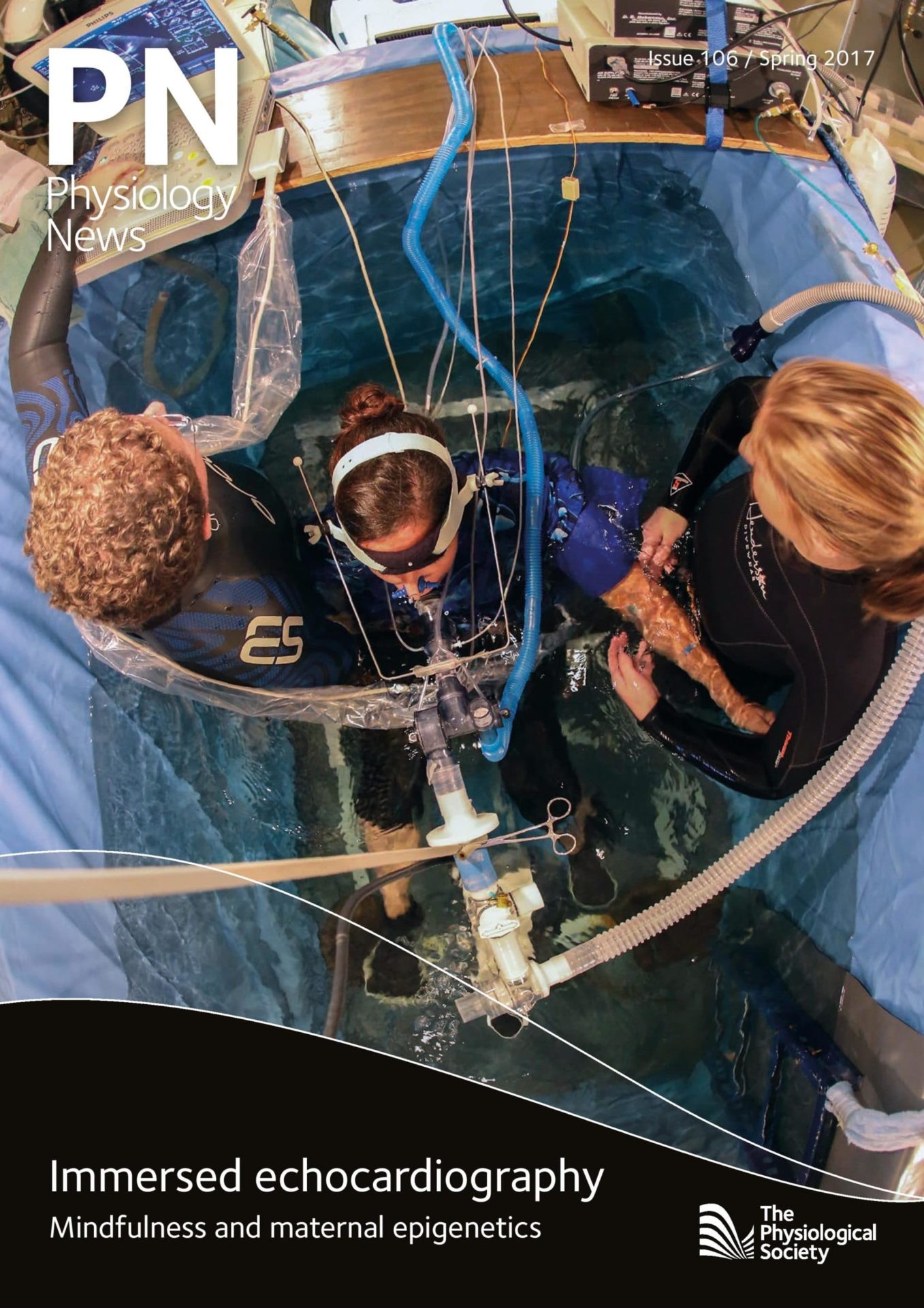
Physiology News Magazine
Responding to Zaineb Henderson’s Letter to the Editor in PN 105
Letters to the Editor
Responding to Zaineb Henderson’s Letter to the Editor in PN 105
Letters to the Editor
Judy R Harris FRSB
School of Physiology, Pharmacology & Neuroscience
Faculty of Biomedical Sciences, University of Bristol
Chrissy Stokes
Head of Education & Outreach, The Physiological Society
https://doi.org/10.36866/pn.106.6
As co-editors of The Physiological Society’s publication ‘Recognising Teachers in the Life Sciences’, we are pleased that Zaineb Henderson enjoyed reading it (Letter to the Editor, PN 105) and its review by Katharine Hubbard (PN 104). We would like to respond to Dr Henderson’s interesting point about the importance of teachers maintaining currency and scholarship in the subjects they teach. It is of course important to keep up with developments in the field as appropriate for the nature, degree programme and level (first, second, third year undergraduate, etc) of the teaching being delivered. However, the current reality is that academics pursuing career paths that focus on teaching, rather than ‘bench’ research, are usually required to deliver teaching across a very wide range of topics within their discipline. It would not be realistic for them to keep up with the primary literature across all those topics.
By contrast, the fruits of researching, implementing and sharing innovative ways of delivering teaching and supporting learning can be applied across any number of taught subjects. Indeed, there are many examples of fruitful collaborations between teachers in biomedical, biological and physical sciences that enable such ‘educational cross-fertilisation’ to occur, to the benefit of both staff and students. Good teaching requires not only subject knowledge on the part of the teacher but also willingness and skill to engage with their (often very diverse) students in imparting their own understanding and enthusiasm for the topic.
Many university promotion panels are becoming more aware of the value of staff engaging with educational scholarship to support their teaching, particularly given the strength of the student voice through the new fees structure and the forthcoming Teaching Excellence Framework, with its reputational and financial implications for universities.
Such educational scholarship does not, of course, preclude teaching-focused staff from carrying out additional extensive reading at the cutting edge of the material being delivered, as suggested by Dr Henderson, as appropriate to the level of students being taught (and time and energy permitting!). Effective application of such discipline-specific scholarship to teaching should also, of course, be rewarded through the promotion process.
